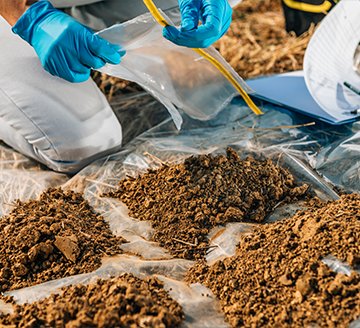Metech Consulting offer comprehensive contamination assessment services, from Stage 1 Preliminary Site Investigations (PSI) and Stage 2 Detailed Site Investigations (DSI), through to Remediation Action Plans (RAP) and site management and validation.
Contaminated land and the legacy of historic industrial practices present significant liabilities to industry, government and private landowners, which has the potential to affect corporate reputations, regulatory relationships, development opportunities and the broader community.
Metech Consulting has the capabilities to solve complex contamination challenges and provide our clients with the advice they need.
Our Contamination Assessment and Remediation consulting services include:
- Preliminary Site Investigation (Stage 1): Identifying the potential for contamination & developing a Conceptual Site Model (CSM) to determine the need and scope for any further detailed assessment.
- Detailed Site Investigation (Stage 2): Intrusive investigation works involving the collection of soil and groundwater samples to determine the nature and extent of contamination.
- Baseline Contamination Assessments / Due Diligence Assessments: Identifying the existing level of contamination on a property to facilitate management responsibilities prior to property transactions, to evaluate liabilities or to assist with determining long-term landuse opportunities.
- Human Health and Ecological Risk Assessments: Assessment of risks posed by contamination, based on site-specific factors relating to the hazard, receptor and level of exposure.
- Remedial Action Plans (Stage 3): The process of evaluating the most appropriate remediation strategy to mitigate risks posed by contamination, including defining the methodology required to reach the remedial goal.
- Site Management and Validation (Stage 4): Implementing the RAP, including supervision of remediation works and implementation of a validation sampling program to verify the success of the remedial works.
- Environmental Management Plans: Dependent on the nature and risk of contamination, development of an environmental management plan can be an effective strategy for the management of widespread or residual contamination.


